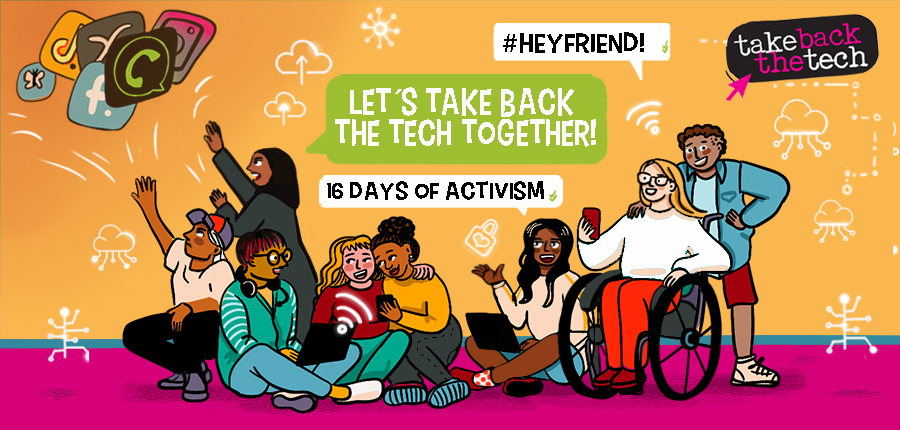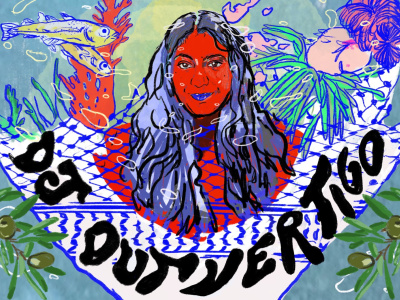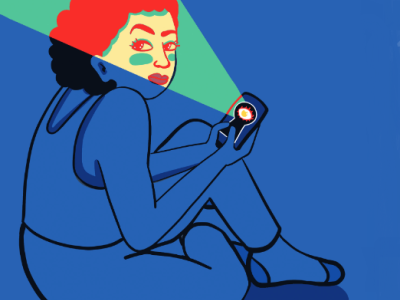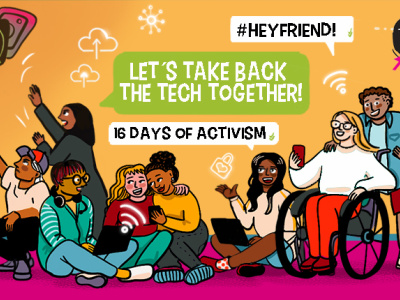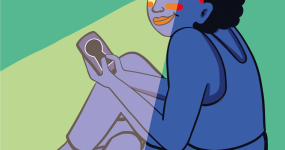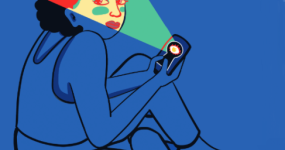DJ Outvertigo, who created a playlist for the Take Back The Tech! Liveboard in 2024 around critical issues of surveillance, tech fascism and AI geopolitics joined us for a lively conversation centered around the curated resources in their playlist — here.DJ Outvertigo is a Palestinian refugee…
Do you feel like someone is following you online, even though you may have blocked their profiles?Sometimes, the digital world may not be as friendly as we had hoped. In it, we may be surrounded by violence, discrimination, exploitation, abuse, harrassment and stalking - similar to the offline…
Stalking moves like water, from offline to online and back again. Many young girls and queer people face it as a real threat in their lives, from family and “friends” to the general online public who just may not like what they post online, or take an obsessive interest in their content and their…
Be safe
#HeyFriend, do you think someone is spying on you?Are you worried about someone having physical or remote access to your devices? If you would like to know about preventative methods and ways to identify if this is happening on your phone, this is the right place for you.Red flags to look out for…
“It is common for the online activities of women and girls to be surveilled by male family members.”#HeyFriend, are you worried that your family may see you and your life online?It’s a valid fear, and an unfortunate reality for so many of us in the Global South… because online stalking leads to…
“University girls… are now scared to join WhatsApp study groups because they get stalked.”#HeyFriend, have you faced unwanted, insistent attention on the internet?Have you thought twice about going somewhere, or commenting on a post, just because a person might use it to harass you?Are your posts…

